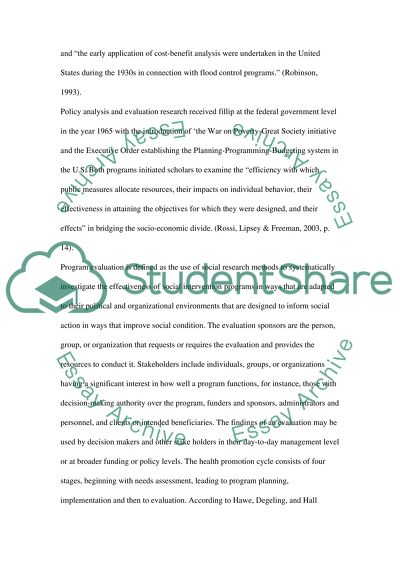Cite this document
(“Systematic Health Program Evaluation Essay Example | Topics and Well Written Essays - 1250 words”, n.d.)
Retrieved from https://studentshare.org/miscellaneous/1501786-systematic-health-program-evaluation
Retrieved from https://studentshare.org/miscellaneous/1501786-systematic-health-program-evaluation
(Systematic Health Program Evaluation Essay Example | Topics and Well Written Essays - 1250 Words)
https://studentshare.org/miscellaneous/1501786-systematic-health-program-evaluation.
https://studentshare.org/miscellaneous/1501786-systematic-health-program-evaluation.
“Systematic Health Program Evaluation Essay Example | Topics and Well Written Essays - 1250 Words”, n.d. https://studentshare.org/miscellaneous/1501786-systematic-health-program-evaluation.


